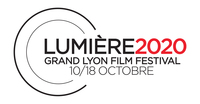Taking up all the space!
PostED ON OCTOBER 9 AT 3:05 PM
The epic screenings series at Lumière invites us to enter the vast universes of filmmakers of disparate insights, who have one thing in common: they know how to fill the screen. This year, the festival takes you to Russia, Sicily, the land of Vikings or monkeys, without forgetting the immense plains of the United States, while taking a detour through Vietnam.
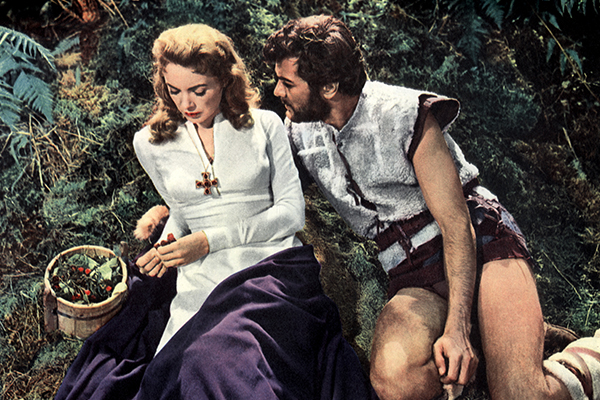
We start by celebrating. We can assess the recreational areas thanks to an extensive schedule of balls. We have a lot to celebrate: the return of expeditions, where we play at cutting off girls’ braids with a manly axe in The Vikings (Richard Fleischer, 1958), graduating from college, which leads to the lively waltz of Heaven's Gate (Michael Cimino, 1980), the end of the harvests, commemorated around a nocturnal bonfire in Days of Heaven (Terrence Malick, 1978), the end of a year of University studies in Born on the Fourth of July (Oliver Stone, 1989) with its slow dances, and the party where no one is sure anymore for what reason it is being held - the ultimate ball that seals the death of a social standing in The Leopard (Luchino Visconti, Il Guattopardo, 1963). These are all great occasions, where we forget ourselves, transported, if only for a moment.
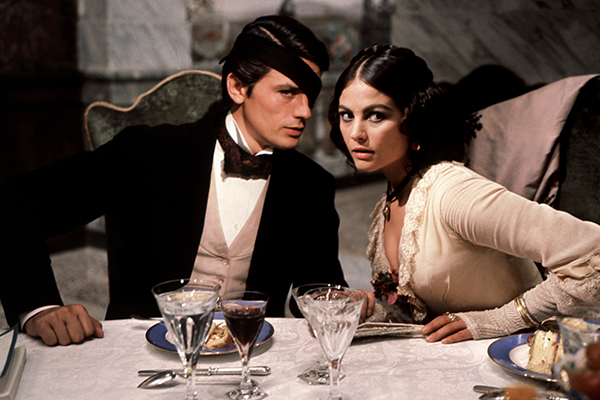
When the party begins winding down, the consequences of these adventure films emerge with a question: Where am I? Exploiting the magnificent and oh-so-cinematic horizontality, the directors answer this question by throwing their protagonists into nature, with the sole aim of knowing, between humans and the landscape, which will have greater charisma. The harvesters of Days of Heaven are trying to stand up under an overwhelming and tragic sky; they also fight major catastrophes, like the fire which sets the prairie ablaze. Hunter Dersu Uzala (Akira Kurosawa, 1975) and his friend resist the blizzard pounding the immense, flat tundra. The Vikings navigate the mist of the seas to reach a safe harbour... Nature reveals itself to be the larger-than-life force of each character, driven by a spirit of conquest, even for the protagonist of Planet of the Apes (Franklin J. Schaffer, 1968), who wants to understand, to make sense of everything.
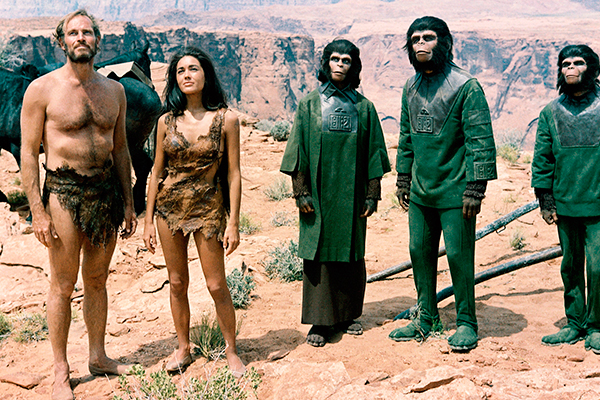
Epic screenings entertain big questions nonchalantly, like a man in a crowd of his peers. Human beings do the same among themselves. This question is political for Tom Cruise, who plays Ron Kovic, Vietnam War veteran turned anti-war activist in Born on the Fourth of July. Oliver Stone uses the charisma of the actor and the character astutely in the end, having Cruise move through the sometimes-hostile crowd on his wheelchair with infectious energy. Kris Kristofferson, as the sheriff of Heaven’s Gate, faces the gunfire of a horde of killers for purely mercenary purposes. The character of Planet of the Apes knocks all the apes back when he begins to speak, although he is trapped and surrounded. Kirk Douglas, one-eyed, gleaming with presence, takes all his men with him to battle in The Vikings. These are all heroes who seem to have vanquished their fear.
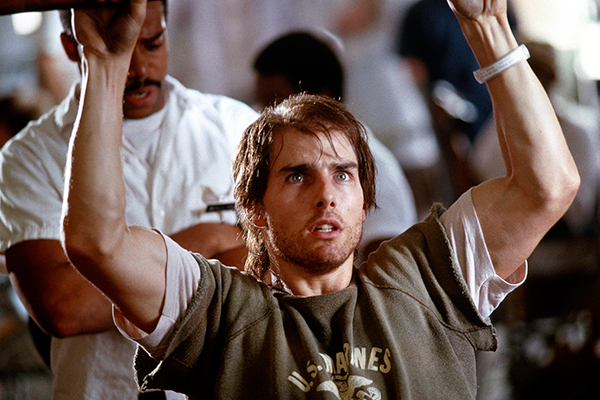
Epic screenings elicit epic emotions, because the crowd is also sentimental… The scenes of Dersu Uzala's Russian friend, recalling their expeditions, the profile shots of Sam Shepard, a shy young owner facing the reapers he would like to communicate with in Days of Heaven, gaze into the melancholy eyes of Burt Lancaster as prince Salina in The Leopard. Paradoxically, the wide visual spaces of epic screenings are also conducive to secretive things, to solitary admissions. Silent confessions like that of Tom Cruise, who remembers life “before”, when he had not known war, or the kneeling monologue of Prince Salina, bidding farewell to his era, to his social status, to his ideals, making him unforgettable in The Leopard.
Lumiere’s epic screenings of 2020 are all this, and much more.
Virginie Apiou

